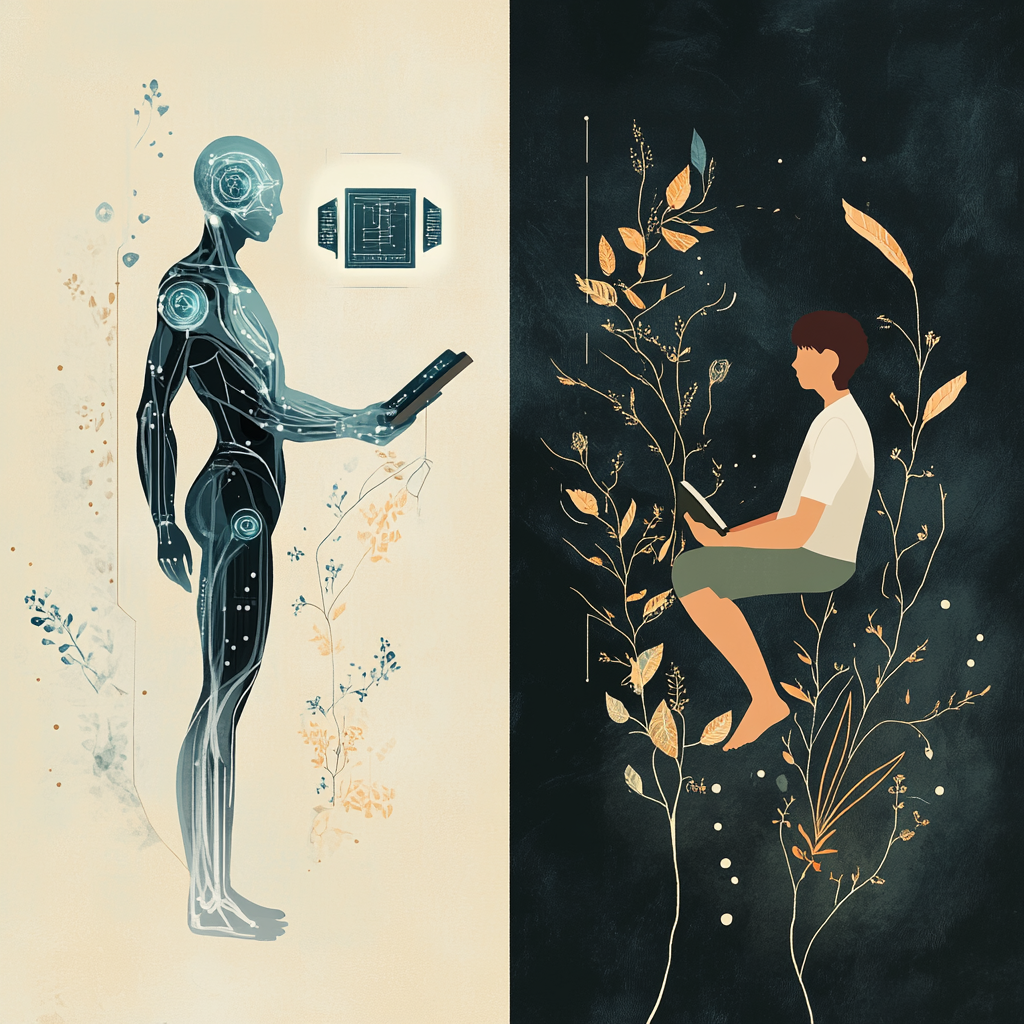Fast vs. Slow AI

Having used hundreds (and built dozens) of AI applications since late 2022, I've come to realize something crucial about good and bad use cases. Or, to phrase it as a question:
When should we use AI for things vs. doing them manually?
My first inclination was full speed ahead. Consume everything. Summarize everything. Blast away, basically. Why? Because I could. Because it wasn't possible before.
But a few months later I realized there was a big problem with this that I heard captured best by Van Jones—in a completely different context—like 10 years ago.
We can't take the weights out of the gym.Van Jones
Outsourced self-improvement
This weights analogy is powerful, and if I tried to encapsulate it (without AI), I'd say the concept is:
Be careful not to outsource work that is only useful when done yourself.
Lifting weights is like that. And I think a number of other important tasks are as well.
- Reading poetry
- Having meaningful conversations
- Absorbing difficult material
- Thinking
- Contemplating
- Theorizing
- Etc.
When you look at a list like that you start to notice something.
It's a lot of the stuff that matters most.
Proper Use Cases
I'm still grappling with the ultimate takeaway here, but I think it links deeply to meaning itself. Meaning and suffering are closely tied to one another.
With weights it's literally pain—via the tearing of muscle. That's the difficult work that's required to grow. I think learning—and maybe even truly experiencing—is far more similar to muscle teardown than many realized. Certainly than I realized.
We need to be careful not to remove that slow, deliberate, and yes—painful—work from our important activities just because we can. The painful work might actually be the best part.
For me this means switching from using AI to consume everything, to instead using it to help me find the best stuff. And then switching to Slow Mode for consumption and processing.
AI for discovery. Natural for learning.
Notes
- Thanks to Tim Leonard in the UL community for inspiring this. He has been cautious of the "AI for everything approach" since the very beginning.